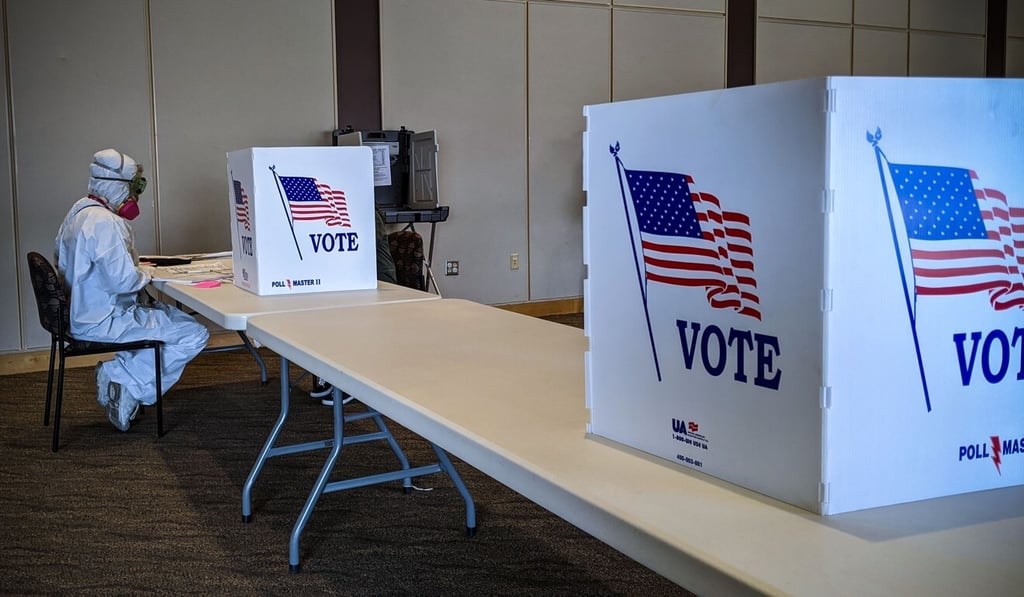Advertisement
Opinion | To save the Legislative Council election from the coronavirus, take it online
- If the coronavirus crisis is not resolved by September, voters might have to choose between their health and their civic duty
- Hong Kong should plan ahead, introduce vote-by-mail or build an e-voting system around the smart HKID card
Reading Time:3 minutes
Why you can trust SCMP

There are times when social distancing conflicts with social responsibility. Voting is one of those times. While we can hope life will have returned to normal by the time of the Legislative Council election in September, we need to prepare for the possibility that it will not have.
The Constitutional and Mainland Affairs Bureau has admitted that the Covid-19 outbreak has held up the announcement of the exact date of the election.
If there is still a need for social distancing come September, we could be faced with two bad options. Elections could be kept as they are, forcing voters to choose between putting themselves at risk in long queues or staying at home and giving up their right to vote. Or a politically fraught decision could be made to postpone the election until after the health crisis is resolved.
Advertisement
Recent elections in Ohio and Wisconsin offer a cautionary tale. The day before the election, Ohio’s governor ordered a postponement, sparking a court battle that was resolved only hours before polls were scheduled to open.
But it was worse in Wisconsin, where the election proceeded as planned. The state couldn’t find volunteers to work the polls, leading to far fewer polling places, which in turn led to long queues: a clear public health hazard.
Advertisement

Advertisement
Select Voice
Select Speed
1.00x
